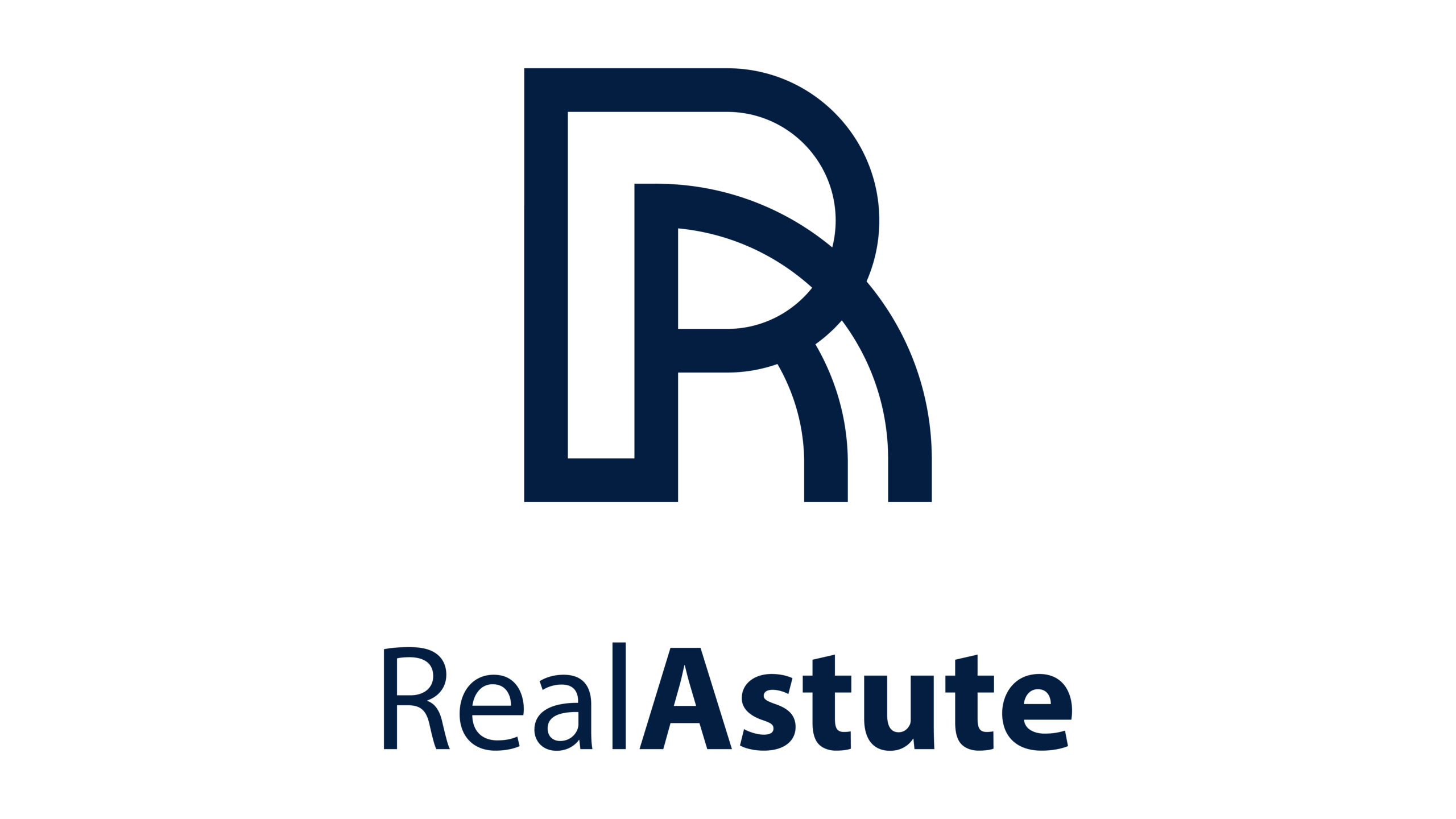
How to Avoid Scams When Moving
Kevin Shirley, Associate Broker (DC), GRI, e-PRO, ASP
Moving from one place to another is adventure enough without including one of the many all-too-common moving company scams. It seems hard to believe that unscrupulous carriers can continue to operate, but the fact is, there are a lot of them out there. If you are moving anytime soon, you don’t have to worry about any of the rip-off artists if you follow some straightforward guidelines:
- Check the FMCSA. The Federal Motor Carrier Safety Administration runs a household goods program designed to aid consumers. Their website includes a search feature that records past complaints about known companies … but be aware that only interstate movers are listed. Along with complaint information, it lists company contact details, so you will know you’re dealing with the people they say they are.
- Check Online Reviews. A search engine search of the company can be helpful: just enter the company name plus ‘reviews’ or ‘ratings.’ You’ll often find Yelp entries, and with luck, recent experiences by customers moving to your new area.
- Get A Written Estimate. You should be skeptical of any moving company willing to provide a quote over the phone or the internet. This may not be evidence of a scam but often means that you are dealing with a broker rather than the company itself. In fact, the U.S. Department of Transportation red flags any mover who doesn’t offer or agree to an on-site inspection of your household goods or gives an estimate over the phone or internet. Some indications that you’re dealing with a less-than-reputable mover: Too-good-to-be-true estimates, demands for large upfront deposits, or failure to hand you the “Rights and Responsibilities When You Move” pamphlet (Federal regulations require Interstate movers do so during the planning stages). These are all signs of trouble ahead!
- Insurance Issues. Before you hand over your belongings, it is a good idea to check that you’ll be adequately insured. Ask the movers about their insurance policy and note the policy number. If you have any concerns, you can check with the insurance provider to confirm that they are appropriately covered.
- Use A Mover with A Physical Address. Another sign to watch out for is moving companies that don’t list a physical business address. With a brick-and-mortar base of operations, you know where to head should anything go wrong.
Moving scams can cost a lot of money—not to mention the stress that results when unscrupulous operators have all your stuff! If you’re planning on moving soon, please consider me your local guide to our area.






